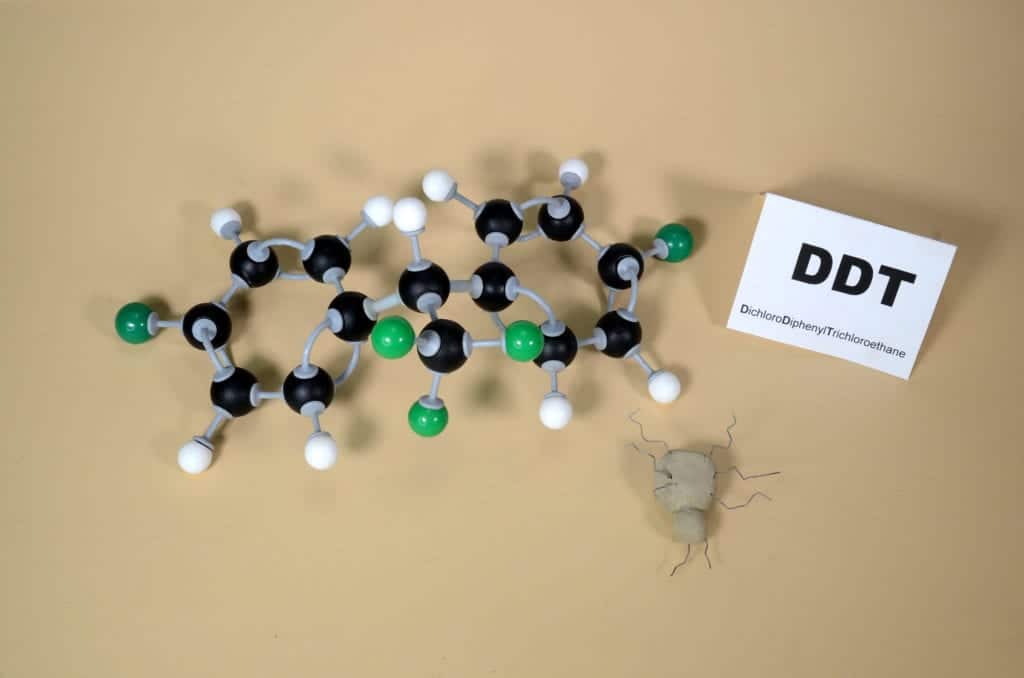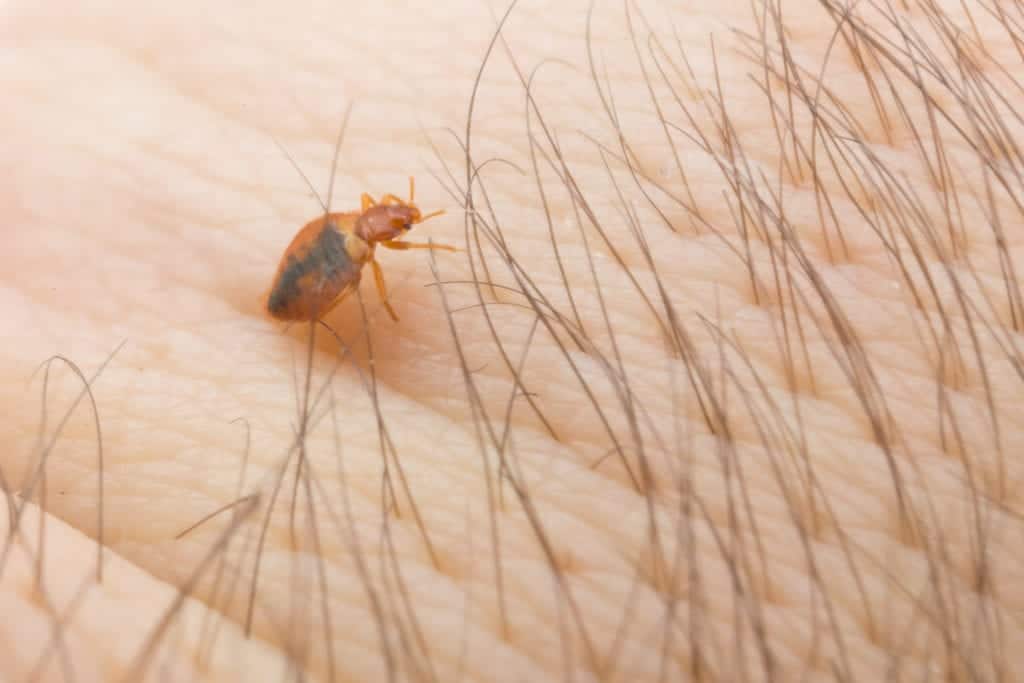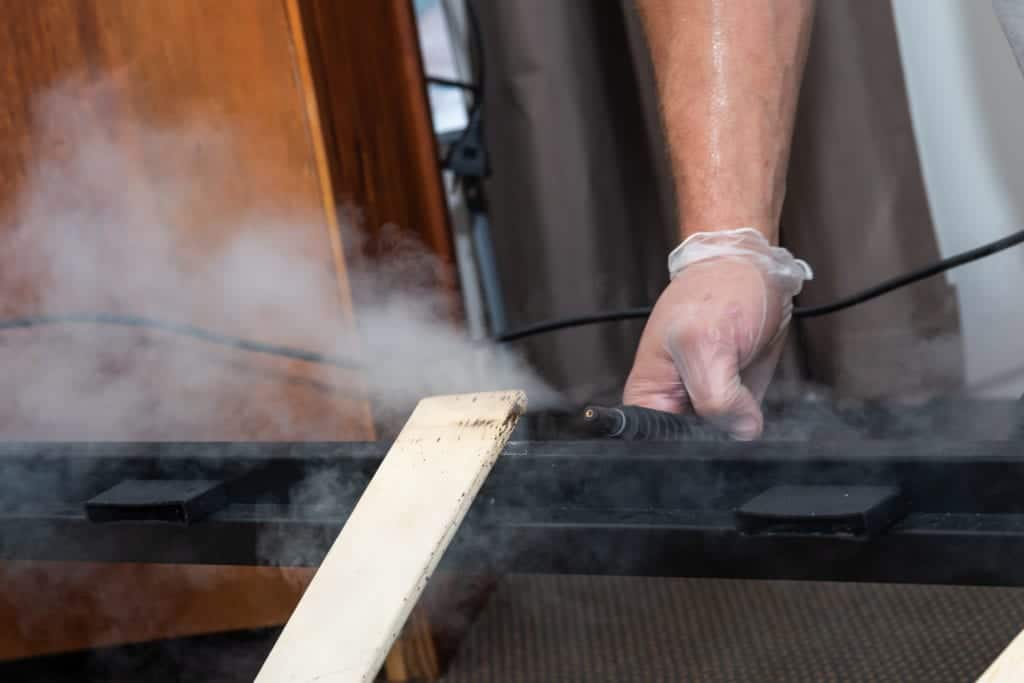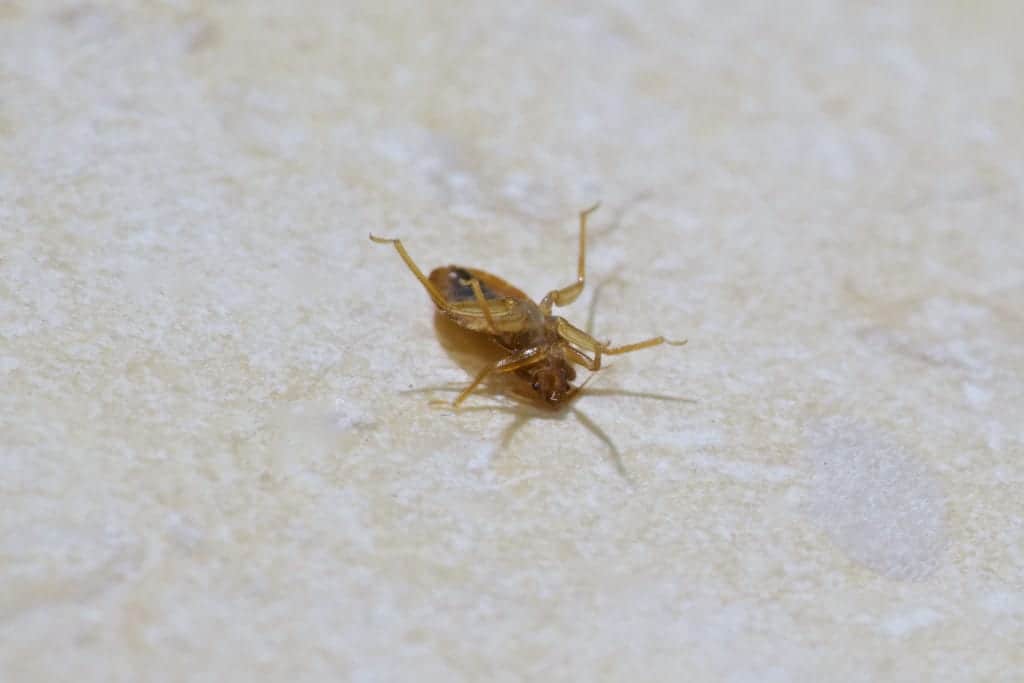Heat to Treat: Why Heat is the Best Weapon Against Bedbugs
Heat to Treat: Why Heat is the Best Weapon Against Bedbugs
The History of Treating Bed Bugs
A powerful pesticide known as dichloro-diphenyl-trichloroethane (DDT) was once widely used to combat these nasty nighttime biters. Bedbugs had been prevalent in the United States through the Second World War but were virtually eradicated using these treatments. The effectivity of DDT was heightened by its ability to not only kill adult bed bugs, but destroy their eggs as well, thereby wiping out an entire population of bed bugs in only 1-2 treatments.
Developed in the 1940’s during an influx in the creation of synthetic products, DDT, truly a product of its time, was later discovered to be a highly dangerous insecticide. The most notable negative side effects due to DDT exposure included: breast cancer, male infertility, miscarriages, liver damage, developmental disabilities in children and extensive nervous system damage. As such, the chemical was quickly removed from circulation and bed bugs once again began growing in numbers. In response to this, new, alternate insecticides were developed to fight the bloodsucking arachnids. However, lots of recent research has found that there may be a new massive downside to using insecticides against bed bugs…

A Budding Immunity
In 2015 a survey conducted through the University of Kentucky found that 68% of the pest control companies interviewed, all agreed that bed bugs are the most difficult pest to treat. Why? Bed bugs are increasingly becoming resistant to insecticides.
Without the power that’s behind damaging synthetic chemicals such as DDT, new insecticides just don’t have the edge required to end the insects. Some of the most commonly used insecticides that are registered for bed bug control include: pyrethrins, pyrethroids, desiccants, neonicotinoids, and pyrroles. When generations fail to be eradicated through these treatments, they are able to build up a significant tolerance to the chemicals. Tests to study this in depth were conducted at Purdue University. The tests involved ten bed bug populations from seven different states that were exposed to insecticides for seven days. Following the tests, it was found that 25% of the bugs survived the chemical bifenthrin and there was also a notable reduced reaction to chlorfenapyr.
There are several reasons for this reduced susceptibility. In both species (Cimex lectularius L. and Cimex hemipterus F.) a thickening of their outer cuticles has been discovered, which effectively creates a barrier against the insecticide penetrating into the insects. Along with this, an increase in detoxifying enzymes in the surviving bugs created a natural metabolic resistance to the toxins in the insecticides. There have also been a few different mutations that have been identified in bed bugs that are creating a near immunity to some chemicals.
While insecticide resistance management (IRM) is being investigated, there are other reasons why treating bed bugs with chemicals is less than ideal.

Other Difficulties with Chemical Treatments
To treat your home for bed bugs with a traditional chemical treatment requires a minimum of 2-3 visits to target the bugs as they mature. This is because chemical treatments are not effective on bedbug eggs. So, while it may appear as though the problem has disappeared once the adults stop biting, it’s only a matter of time before the eggs begin to hatch and the nymphs start searching for their blood meals. It can be very difficult to retreat correctly as the eggs will hatch at different times and the treatments do have a possibility of missing the areas in which the sneaky bed bugs are hiding (such as inside electrical outlets). Furthermore, the chemicals involved in fighting bed bugs, while not nearly as detrimental at DDT, are still not good to be exposed to over significant periods of time, especially in places you frequent often, such as your bed.

It’s Getting Warm in Here
Bed bugs are extremely resilient creatures. Not only are they becoming increasingly resistant to insecticides, they have existed for over 100 million years, they can live up to a year without a blood meal, they can hitchhike across oceans completely unnoticed, bed bug eggs have an average survival rate of 97%, and a single female can produce up to 200 offspring in a single lifetime.
So, what can we do?
Luckily, bed bugs do have a weakness: heat. Intense heat will kill both adult bed bugs and their eggs. The infected area must be heated to at least 115°F (46°C), or higher, and should be maintained for roughly 20 minutes in order to allow enough time for the bugs to expire from the heat.
This treatment is ecofriendly and safe, which is why it has quickly become the leading defense against bed bugs today and why it is also our choice for fighting those little biters. Call us today if you would like further information on this process and how we can help.

Citations
Dang, K., Doggett, S., Singham, V. and Lee, C.-Y. (2017) “Insecticide Resistance and Resistance Mechanisms in Bed Bugs, Cimex spp. (Hemiptera: Cimicidae),” Parasit Vectors, 10(318). Available at: https://www.ncbi.nlm.nih.gov/pmc/articles/PMC5492349/ (Accessed: August 2020).
DDT – A Brief History and Status (no date) The United States Environmental Protection Agency. Available at: https://www.epa.gov/ingredients-used-pesticide-products/ddt-brief-history-and-status (Accessed: August 2020).
MacMillan, A. (2017) Why Bed Bugs Are Becoming So Much Harder to Kill, Time. Available at: https://time.com/4733708/bed-bugs-insecticide-resistance/ (Accessed: August 2020).
Pesticides to Control Bed Bugs (no date) The United States Environmental Protection Agency. Available at: https://www.epa.gov/bedbugs/pesticides-control-bed-bugs (Accessed: August 2020).
Request a Free Quote Today
(We do not share your data with anybody, and only use it for its intended purpose)


